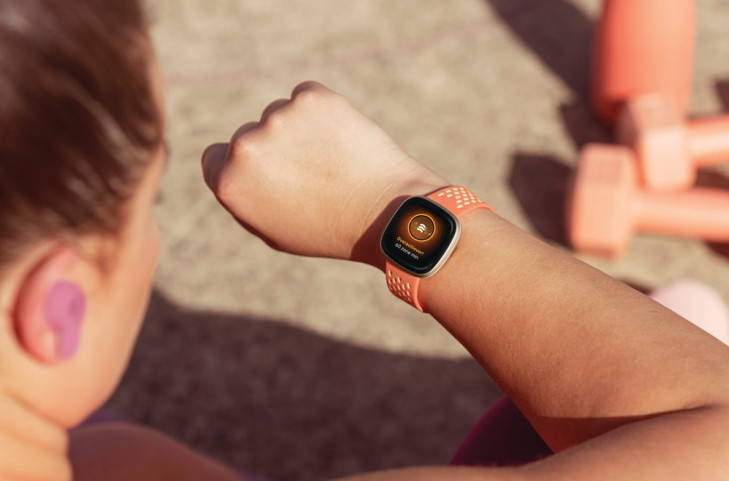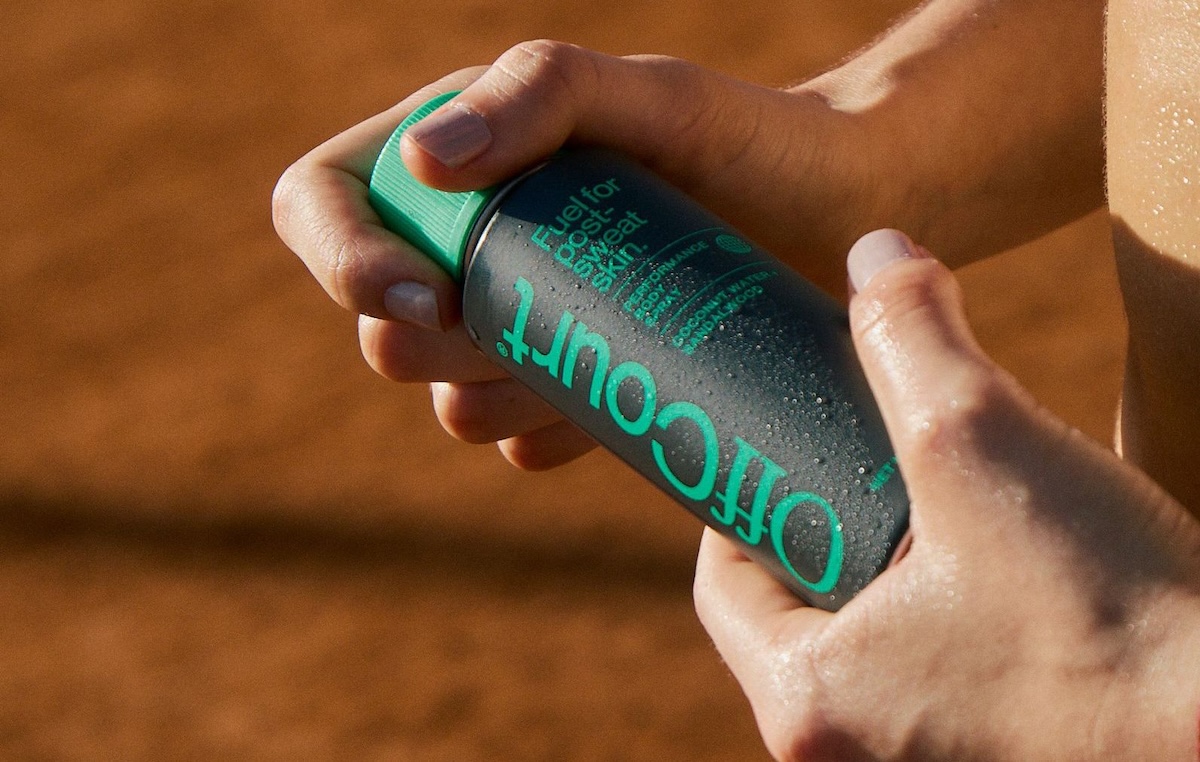Digital health apps and wearables are exploding.
- Growing at a CAGR of 15.2%, the global fitness tracker market is expected to top $92B by 2027.
- Last year, health and fitness apps saw a record 120M downloads in a single quarter.
What’s happening: Evolving rapidly, wearables like Apple Watch and Fitbit have gone from basic fitness trackers to full-blown health monitoring systems. Meanwhile, devices like WHOOP and Oura have been billed as early-warning systems for COVID.
Yet, with 1 in 5 Americans using a smartwatch or fitness tracker we’re more depressed, sedentary, and overweight than ever. Why the gap?
The studies. Research done on fitness trackers have returned dubious findings.
- A randomized controlled trial discovered an initial spike in exercise but little to no effect in the long term.
- A two-year clinical study showed that participants wearing fitness trackers lost less weight than those who weren’t.
The science. Drawing further concern, most mobile health apps aren’t regulated by the FDA, and entrepreneurs developing health apps aren’t required to source medical input.
Though most apps don’t claim to replace your primary care doctor, researchers at the University of Pittsburgh Medical Center (UPMC) point out that:
“…uninsured and even insured patients, deterred by the cost of copayments for medical visits, may turn to these applications as alternatives to physician evaluation.”
The (quantified) self. Finally, tracking every aspect of our lives can be exhausting. Multiple studies have found that activity measurement undermines intrinsic motivation and reduces enjoyment, negatively impacting our overall well-being.
But… other studies show that certain apps, specifically those that have been scientifically vetted, can effectively persuade people to modify their lifestyles and reduce hospital visits. Users can be guided to monitor health data, change their behavior, and improve their lives.
Takeaway: A double-edged sword, health apps and wearables have transformative potential but not all can be trusted. Until regulation can separate the scientific from the phonies—and ensure proper data privacy—consumers will do well to keep their wearable dependence at an arm’s length.


